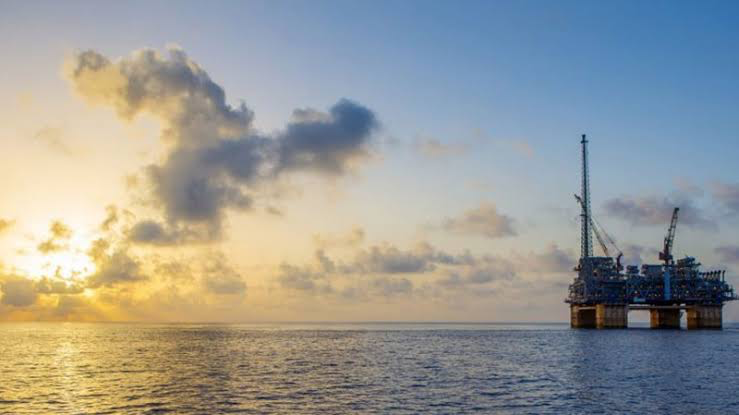Viaro Energy, an independent oil and gas operator in the North Sea, has announced plans to use mini nuclear reactors to reduce its carbon emissions from its offshore assets.
The company has signed a memorandum of understanding (MoU) with Newcleo, a nuclear power startup that is developing a novel lead-cooled fast reactor (LFR) technology.
The LFR technology Is designed to run on reprocessed spent nuclear fuel created by existing reactors, which reduces the need for new uranium mining and the amount of nuclear waste.
The mini reactors, also known as advanced modular reactors (AMRs), are expected to provide low-carbon, baseload, and reliable electricity to Viaro’s offshore platforms and facilities.
Viaro currently holds stakes in around 30 offshore assets in the UK and Netherlands sectors of the North Sea, including the Anning and Somerville fields.
The company also invested in Newcleo, acquiring shares in its latest capital raise, but did not disclose the amount.
Newcleo, founded in 2021 by Italian physicist Stefano Buono, is one of the leading companies in the emerging field of Generation IV reactors, which are more efficient, safer, and cheaper than conventional nuclear reactors.
The London-based firm is aiming to raise €1 billion (£860m) this year and launch its first nuclear-fuelled prototype by 2030.
According to the MoU, the two companies will conduct feasibility studies and establish a joint venture to deploy Newcleo’s 200MWe LFR reactors at selected sites within Viaro’s portfolio.
Viaro said the technology will help the company meet the industry’s net zero targets and maximize the benefits of AMRs for cogeneration, combined heat and power, and off-grid applications.
With an average lifespan of 60 years, the LFR reactors will continue to provide clean energy to the UK grid after the decarbonization of Viaro’s hydrocarbon assets.
Francesco Mazzagatti, Viaro Energy’s chief executive officer, said the partnership with Newcleo is a major milestone in the company’s strategy to exemplify the only economically viable approach to the energy transition.
“Stefano Buono and his team are true visionaries with decades of experience with nuclear energy, and we are confident in Newcleo’s potential to pave the way towards a sustainable and affordable clean energy solution,” he said.
Stefano Buono, Newcleo’s chairman and CEO, said the partnership demonstrates the potential of the LFR technology to support industrial decarbonization.
“The transition to net-zero will only be achieved by decarbonizing not only the energy, transport and heat sectors but also energy intensive and ‘hard to abate’ heavy industries,” he said.
“Our technology means that, for the first time, nuclear reactors will provide decentralized, baseload, low-carbon energy to customers with enhanced safety and security of supply.”
Viaro Energy is the only North Sea operator to announce it is considering nuclear reactors so far, but the technology is being touted as a possible solution by the International Atomic Energy Agency (IAEA).
The IAEA said nuclear power can help oil and gas companies reduce their emissions by electrifying their upstream and downstream operations with low-carbon sources.
The endorsement of nuclear power is echoed by Terra Praxis, a non-profit focused on decarbonization solutions for hard-to-abate industrial sectors.
Terra Praxis said microreactors could be used in most locations, even offshore, to power drilling, natural gas liquefaction, and refining processes.
While nuclear power is promising for its low-carbon credentials, it remains significantly more expensive than renewable energy options like wind and solar.
In addition, a Stanford University study found that small modular reactors produce between two and 30 times more radioactive waste than their conventional counterparts.
However, Viaro and Newcleo are optimistic that their partnership will blaze a trail towards lower-carbon operations in the oil and gas sector and provide energy solutions for a cleaner and greener future.
Source: Energy Voice



